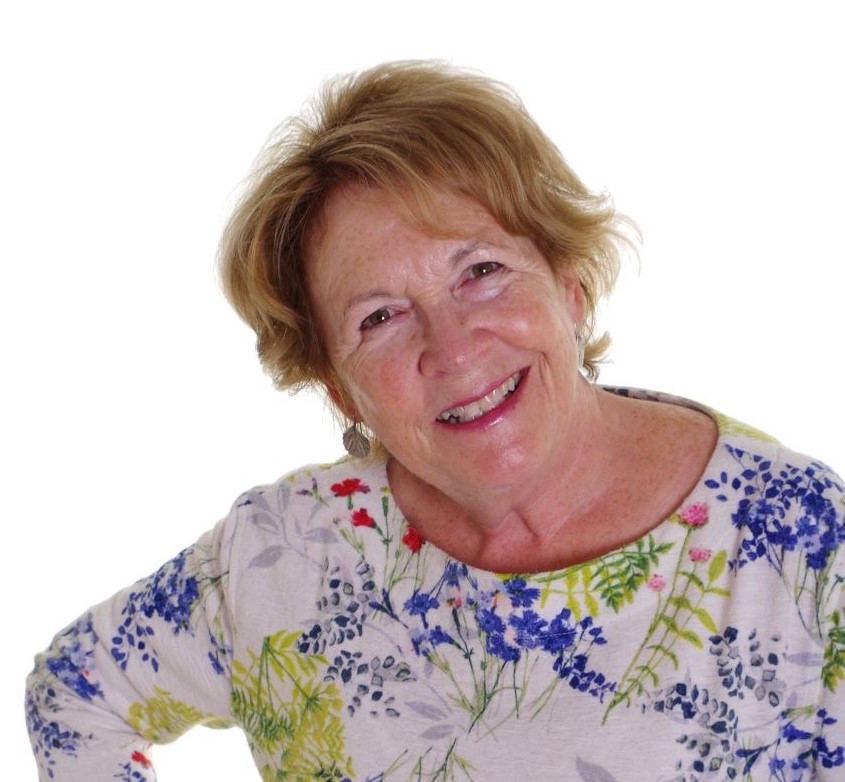Scarred hearts of Modbury
Modbury, in Devon, is my home town and I wrote this piece of prose as a contribution to the WW1&2 Modbury Remembers exhibition 2018.
‘Human stories told for nothing, for ashes, for deaths amusement, flung on the mighty scrapheap of souls all those million boys in all their humours to be mulled by the millstones of a coming war.’ Sebastian Barry.
When you, our men, say hesitantly or bravely, fearing words from us, your women, ‘we have signed up, it’s our duty, we are going.’
We know we have been waiting for this and dreading this and knowing this would come. Blood cools in our veins, words numb, time is slowing.
And then the hurry and flurry of arrangements. What is needed, what to take, when will we hear from them?
How long ’til they come back?
Could we hide our fear, should we hide our fear ?
Or might they stay, our precious men, if they knew we held them dear?
And then the loudest silence. They are gone, just a space once filled with the sound and smell and sense of their being.
And Modbury is without its men.
But we mothers, sisters and wives live in a great void, only filled by news
Only blessed not to receive the telegram and the regret letter.
And all the while, the anger.
Why, why did you have to leave this country for us to run, and of course run it we will, but why did we have to do it without your support? Could you not have stayed long enough to show us how?
Shall we kill the sheep, the pigs, the cows so our children, your children, can eat? Too late to ask you now.
How do we work the plough, drive the ambulance or the fire engine? Who looks after our children, your children, while we do these things, these things, which men used to do?
And all the while, all the while of doing these things our hearts are bleeding for love of your life and our brains were bleeding for fear of your life and our bodies are bleeding for waste of those lives we will never know.
But were we proud when the medals arrived? Would we not have substituted a million, or maybe that’s not enough, we would have given more, more, of those medals for one precious moment to see you again.
We are the women of the dead and injured, we eased your going, minded the country whilst you were away and never, publicly, admitted that we would have sacrificed everything rather than see you go.
